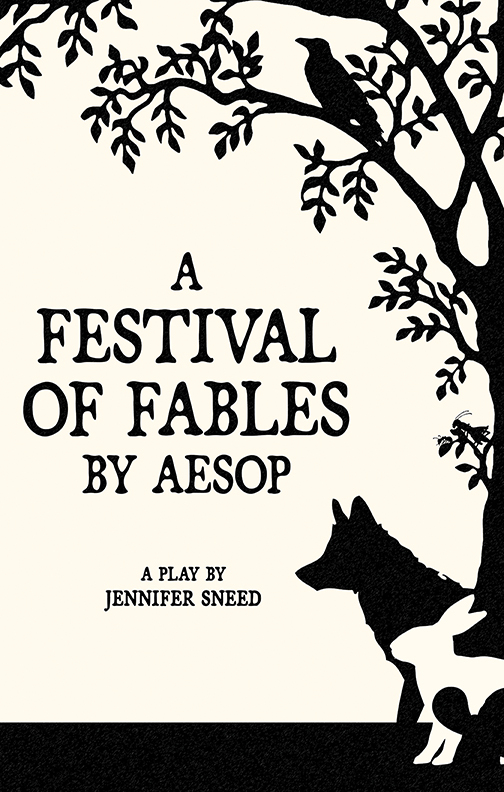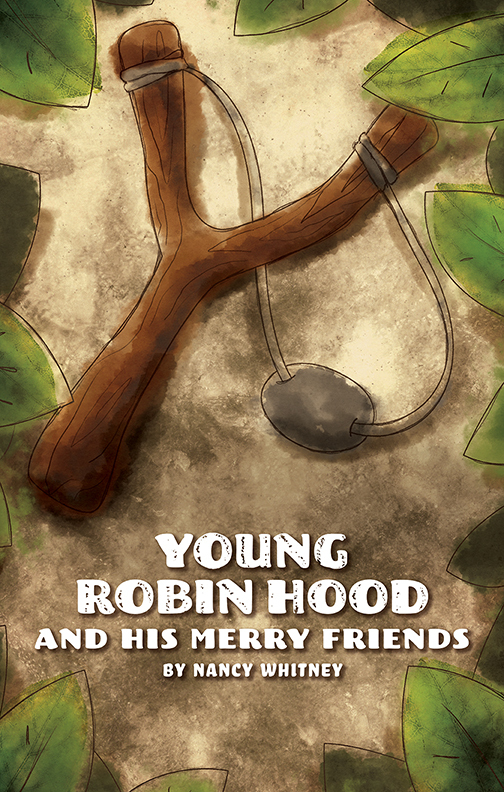Our Blog / Exploring Legend, Fable, and Myth Play Scripts
Exploring Legend, Fable, and Myth Play Scripts
The magic of theatre lies in its ability to transport audiences to fantastical realms, to explore the depths of human experience through the lens of myth, legend, and fable. Let's explore these four captivating play scripts that feature timeless narratives. From the Greek myth of Demeter and Persephone to the comedic adventures of King Arthur and his not-so-round table, the wisdom of Aesop's fables, and the mischievous escapades of Young Robin Hood and his Merry Friends, these scripts promise a tapestry of emotions, laughter, and cultural exploration.
Mythical and Legendary Narratives
Each script draws inspiration from mythical or legendary narratives that have stood the test of time. Whether it's the Greek myth of Demeter and Persephone, the tales of King Arthur and his knights, Aesop's fables, or the adventures of Robin Hood, these stories have transcended cultural boundaries and endured through the ages.

Demeter and Persephone
By Jennifer SneedAncient people imagined stories to explain what was, for them, unexplainable. The Greek myth, Demeter and Persephone, explains the change of the seasons. More than that, it is a story about the power of a mother’s love. A play in one-act. Appropriate for grades 4-7.
View DetailsExploration of Universal Themes
The scripts delve into universal themes that are inherently human, such as the power of a mother's love (Demeter and Persephone), the importance of valuing oneself and feeling loved (King Arthur and the Knights at the Not So Round Table), the timeless wisdom found in fables (A Festival of Fables by Aesop), and the bravery and wit of the young generation (Young Robin Hood and his Merry Friends).

King Arthur and the Knights at the Not So Round Table
By Nancy WhitneyWhat do the knights of the round table do when King Arthur is feeling down? Why they create an elaborate scheme of hysterical events to help him see how valuable and loved he is. This comedic script follows King Arthur as he travels the land solving problems and impacting the lives of his people as his knights try to show him how important he is in everyone’s life.
View DetailsHumor and Comedic Elements
Each script incorporates humor and comedic elements to engage audiences. Whether it's the mischievous antics of King Arthur's knights, the interruption of a lecture by actors in A Festival of Fables, or the comical misadventures of Robin Hood's children and friends, humor adds a lively and entertaining dimension to these theatrical works.

A Festival of Fables by Aesop
By Jennifer SneedWho was Aesop, anyway, and why should we care? So begins the lecture of a pompous professor who attempts to tell us all about Aesop’s fables, only to be interrupted by actors intent on showing instead of telling what the fables are all about. A play in one-act. Appropriate for grades 3-6.
View DetailsCharacter-driven Narratives
The scripts feature rich characters that drive the narratives forward. From the powerful and emotive relationships between Demeter and Persephone, to the camaraderie and antics of King Arthur's knights, the quirky professor and actors in A Festival of Fables, and the mischievous yet heroic children in Young Robin Hood, the characters play a central role in captivating the audience.

Young Robin Hood and His Merry Friends
By Nancy WhitneyYoung Robing Hood is a comedic adventure featuring Robin Hood, Maid Maryann, Little John, and their children, and the kids are the heroes. The kids follow in their parents' footsteps, saving the day and prove that it doesn't matter how big you are, a hero is found in the heart.
View DetailsReflection of Moral and Ethical Values
Aesop's fables, incorporated in A Festival of Fables, have long been celebrated for imparting moral lessons through anthropomorphic characters. These stories often convey timeless wisdom and ethical values, providing audiences with reflections on human behavior and societal norms.
Connection to Cultural Heritage
The inclusion of Greek mythology, Arthurian legends, Aesop's fables, and the Robin Hood narrative reflects a connection to cultural heritage. These stories have been passed down through generations, and their adaptation into theatrical scripts allows audiences to experience and appreciate these cultural touchstones in a new and dynamic way.
Blend of Drama and Comedy
The scripts successfully blend elements of drama and comedy, offering a well-rounded and engaging theatrical experience. Whether it's the emotional resonance in Demeter and Persephone, the comedic schemes in King Arthur's tale, the humorous interruption in A Festival of Fables, or the combination of laughter and heart in Young Robin Hood, the scripts cater to a diverse range of audience preferences.
Ancient Tales on a Modern Stage
These four scripts are a testament to the enduring power of myth, legend, and fable. "Demeter and Persephone," "King Arthur and the Knights at the Not So Round Table," "A Festival of Fables by Aesop," and "Young Robin Hood and his Merry Friends" offer a diverse tapestry of storytelling. They bridge the gap between ancient narratives and contemporary audiences, inviting us to laugh, reflect, and connect with the timeless themes that unite humanity across cultures and generations.
Whether you seek the emotional depth of Greek mythology, the comedic escapades of legendary knights, the wisdom of fables, or the mischievous heroism of young outlaws, these scripts promise an enriching and entertaining experience on the theatrical stage. So, immerse yourself in the magic of these timeless tales, where laughter echoes through the ages, and the wisdom of the ancients finds new life in the artistry of live performance.
Continue reading and being inspired
Scripts for Christmas Plays
From heartfelt retellings to creative reimaginings, these Christmas play scripts bring the season's spirit to life for audiences of all ages and settings. Whether you're organizing a charming children's performance or a large-scale community production, these scripts offer something for everyone—infusing timeless truths with fresh perspective and unforgettable impact.
Script Spotlight: Young Robin Hood and His Merry Friends by Nancy Whitney
What happens when the sons of Robin Hood and Little John take center stage? Young Robin Hood and His Merry Friends by Nancy Whitney is a high-energy, laugh-out-loud stage play that brings a fresh twist to the legendary Sherwood Forest tale. Written by a high school teacher and mother of five, this play is perfect for young actors and audiences alike. With plenty of action, humor, and heart, it’s a stage-proven hit that has delighted full houses. Learn more about the inspiration behind the script and why Robin Hood’s legacy continues to captivate audiences.
Script Spotlight: The Storekeeper by David Beshears
David Beshears’ play The Storekeeper brings a Twilight Zone-inspired mystery to the stage, following a group of strangers who arrive at a remote general store with no memory of how they got there. Originally written as a novella, Beshears adapted it for theater, emphasizing eerie atmosphere, dynamic dialogue, and suspenseful storytelling. With its moody setting and unanswered questions, The Storekeeper keeps audiences guessing until the very last moment.
